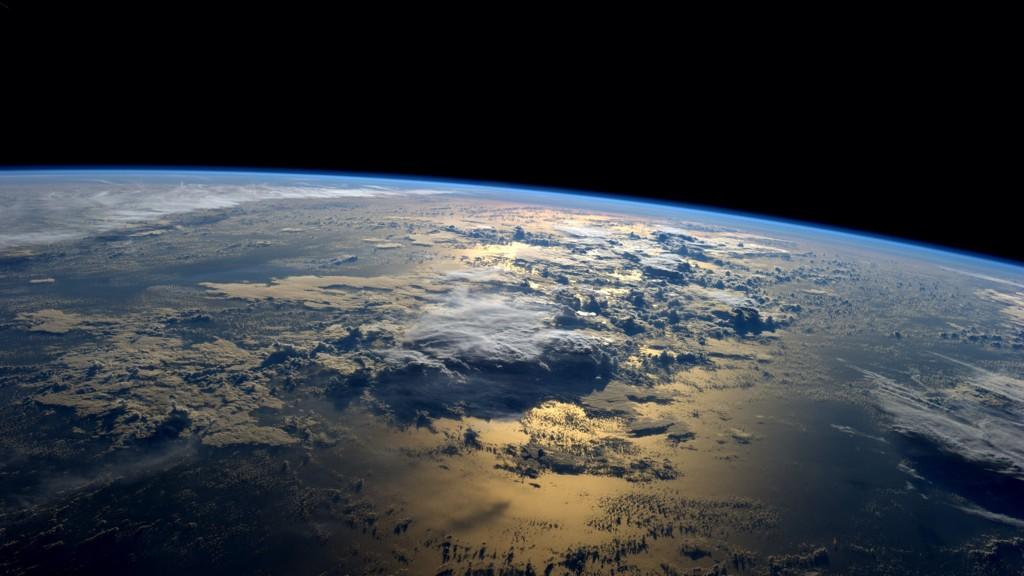The USC School of Pharmacy is launching its research into outer space, thanks to Professor Clay Wang’s 3-year $600,000 grant from NASA’s Space Biology Program.
Wang received the funding for his project, “Influence of Microgravity on the Production of Aspergillus Secondary Metabolites (IMPAS) – A Novel Drug Discovery Approach with Potential Benefits to Astronauts’ Health.” This is the first time the School of Pharmacy has received grant support from NASA.
The research project will look at how microgravity environments influence the effectiveness of drugs. Wang will be partnering with experts from Jet Propulsion Laboratory to conduct his research.
“NASA is interested in the biology of organisms – their DNA, RNA and metabolic levels – and how they behave in space,” explained Wang, whose area of expertise is natural organisms that produce drugs. “Organisms produce different drugs under different conditions. They are smart, and they only make drugs when they need them.”
Wang will be looking specifically at fungi, making history as the first time any study of fungi in space will be undertaken.
“I hope that my research will lead to the discovery of new drugs that could be used in space, as well as the potential for drug creation in space,” he said.
Only 26 proposals from across the nation received funding. Wang’s is unique in that it is the only one that is taking on a project from a drug discovery point of view. The approved research projects will be conducted aboard the International Space Station.
“The research will help uncover new basic knowledge that other NASA researchers and engineers can use to solve problems confronting human exploration of space, or that could lead to new biological tools or applications on Earth,” said NASA in a statement.
In addition to NASA, Wang also has received funding from the Department of Defense, the National Science Foundation, the Department of Energy and the NIH. Wang’s research focuses on natural product drug discovery.


